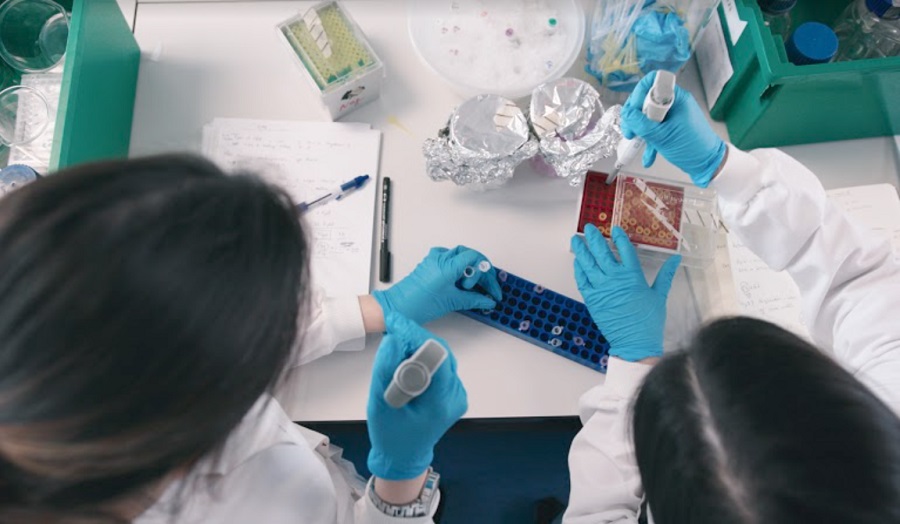The research identified key deficiencies in security education in bioscience, including a lack of people with expertise in humanities and ethics, and a lack of translated material.
Date: 20 September 2022
There is a critical need for action across biological security education globally, a new paper by researchers from the Biological Security Research Centre (BSRC) at London Metropolitan University argues.
The paper, 'Key issues in the implementation of the Tianjin Biosecurity Guidelines for Codes of Conduct for Scientists: A survey of biosecurity education projects', which was recently published in the Journal Biosafety and Health, is the summary of a survey project conducted at the BSRC.
The Tianjin Biosecurity Guidelines are a set of 10 guiding principles and standards of conduct designed to promote responsible science practice and strengthen biosecurity governance at national and institutional levels.
Several biosecurity projects have been carried out since research codes of conduct became a topic of discussion in the Biological and Toxin Weapons Convention (BTWC) in 2005. While some of these projects have been reported on, few attempts have been made to bring this information together and none have analysed the different approaches in the projects.
This paper presents here the results of a survey the BSRC carried out in early 2022 in order to assess the state of education resources made available to life scientists.
In an ideal world undergraduates, postgraduates, and life science researchers have a range of awareness-raising courses and materials aimed at improving their understanding of biosecurity and biorisk. This survey aimed to discover how close the bioscience community is to that ideal situation.
The research identified several key areas of education deficiencies. Firstly, a lack of translation of educational material, even to the six official UN languages. Secondly, a lack of humanities backgrounds, with specific expertise in ethics, across the bioscience community. Thirdly, the lack of involvement from those working in information technology or engineering across bioscience projects.
The paper also underlines the importance of biosecurity education for scientists working in 'dual use' areas, where biological research with legitimate scientific purpose could inadvertently assist in a biological or chemical weapons programme.
Implementing the Tianjin Biosecurity Guidelines is critical, but these measures are unlikely to be effective without a major improvement in biosecurity education for scientists.
As explained in the research paper: "it is not enough simply to put such Codes in place. Without effective measures to educate scientists about the existence and importance of such Codes, attitudes and awareness will remain largely unchanged."
The senior author of the paper and visiting associate professor Malcolm Dando said that "this report is the first to provide such a systematic survey of biosecurity education projects, and the first to provide the globe picture and the potential measures to improve and enhance the biological security education globally."
"This study set out to remedy that gap in our knowledge by attempting to obtain responses to a systematic questionnaire on diverse aspects of biosecurity education projects from as many organisers of the biosecurity projects carried out over the last two decades as we could contact. The questionnaire had a set of 21 closed and open questions, and we received 26 replies related to projects carried out in different countries around the world."
The corresponding author and the director of the BSRC Professor Lijun Shang further emphasises the importance of the study: "it is significant because it provides an account of the diverse biosecurity education resources that have been developed and tested over the last two decades and that knowledge could greatly assist the development of the biosecurity education necessary to effectively implement the Tianjin Biosecurity Guidelines."
Two London Met postgraduate students carried out the survey works under supervision and the project was supported by an internal university fund.

